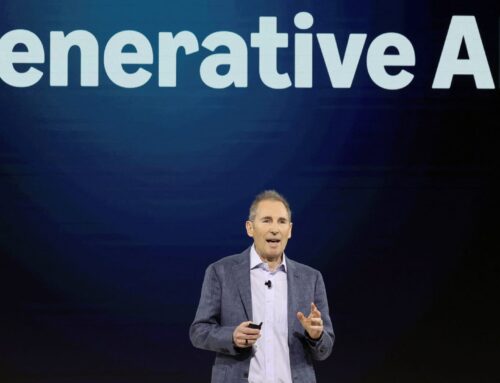Addicted to cannabis? Scientists say you might be. See why
October 30, 2025
Recreational cannabis isn’t legal in Texas, but with more than 7,000 registered hemp shops in business, Texans are consuming it.
Despite efforts by the state to reform certain THC laws, the drug is here to stay for now.
Article continues below this ad
While recreational marijuana use is still illegal, hemp-derived THC products, such as Delta-8 and Delta-9 gummies or edibles, are legal as long as they contain less than 0.3% Delta-9 THC by dry weight, in accordance with the state’s hemp program and its evolving regulations.
Some cities have passed efforts to decriminalize it.
But while lawmakers and pro cannabis users argue about the right to use it, there are other things to consider, such as whether is it addictive.
Here is what to know.
Article continues below this ad
There’s some argument that cannabis has some health benefits.
In 2015, Texas passed the Compassionate-Use Act, which allowed the first legal use of low-THC cannabis products in the state for patients with intractable epilepsy. It was expanded in 2019 and 2021 to include other conditions.
Chapter 169 of the Texas Occupations Code states that patients suffering from certain health aliments are allowed to use low-THC cannabis products.
Article continues below this ad
But just how addictive is the drug?
Kevin Hill, associate professor of psychiatry at Harvard Medical School and director of the Division of Addiction Psychiatry at Beth Israel Deaconess Medical Center, explained the benefits and risks of the drug in The Harvard Gazette.
Hill explained that while scientists have disproved certain myths about the drug, it can be easy for the public to be swayed by people who are extreme pro or anti cannabis use.
“You can become addicted to cannabis, though most people don’t,” Hill said. “Every single day we have patients come in who are interested in using cannabis as a medication or they’re using it recreationally or are interested in cannabidiol, and they have beliefs about cannabis that they’ve held for years that aren’t true. And that becomes a major barrier. It’s hard to dispel those beliefs in the office.”
Article continues below this ad
Hill continued that cannabis addiction has the perception of being harmless.
“It’s less addictive than alcohol, less addictive than opioids, but just because it’s less addictive doesn’t mean that it’s not addictive,” he said. “There’s a subset of people — whom I treat frequently — who are using cannabis to the detriment of work, school, and relationships.”
Per the Canadian Centre on Substance Use and Addiction, while the scientific literature does not offer a single, standardized definition of regular cannabis use, the term generally describes a pattern involving cannabis consumption on a weekly or more frequent basis over several months or years. Such use carries an increased risk of negative health outcomes.
Article continues below this ad
Related terms — such as frequent use, chronic use, and long-term use—are often used interchangeably.
Heavy use is considered daily or near-daily consumption, which may indicate dependence or the presence of a cannabis use disorder.
Search
RECENT PRESS RELEASES
Related Post




